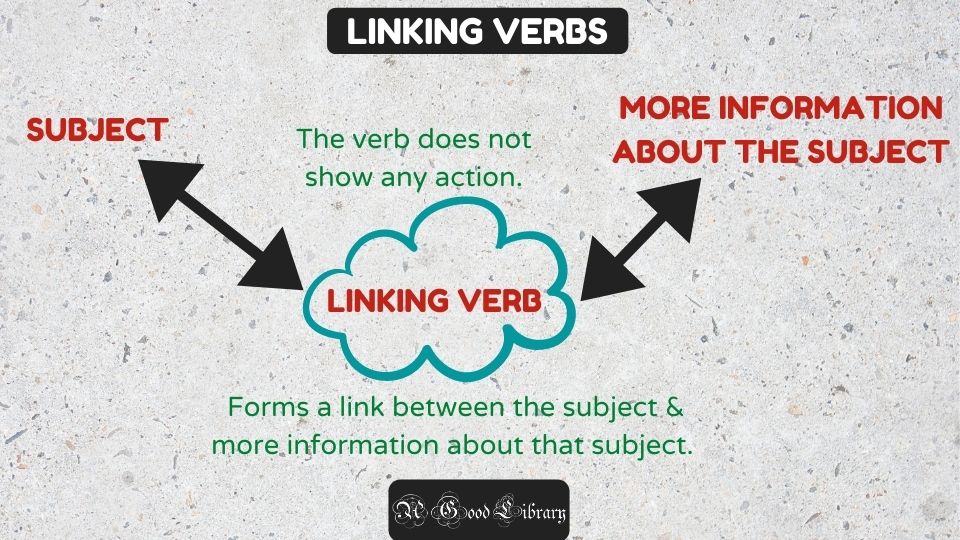
The phrase very squeaky is a subject complement that describes the nature of the singing voice. Linking My neighbour’s singing voice sounds very squeaky despite several hours of daily practice. Here the noun phrase the soup is the direct object of the verb tasted. Transitive I tasted the soup before adding more salt. The adjective terrible is a subject complement that describes a quality of the water. Linking Griffin insists that the water in Winnipeg tastes terrible. In the following pairs of sentences, the highlighted verb in the first sentence is a linking verb and in the second the same verb is a transitive verb. Many linking verbs (with the exception of be) can also be used as transitive or intransitive verbs. Linking verbs are either verbs of sensation ( feel, look, smell, sound, taste) or verbs of existence ( appear, be, become, continue, grow, prove, remain, seem). The subject the play is joined to its subject complement absurd by the linking verb seems. The cast appears disorganized and confused perhaps Beckett intended this.Īppears functions as a linking verb that connects the subject the cast to its subject complement disorganized and confused. The phrase after the first fifteen minutes functions as an adverb modifying the clause it became tedious.

The linking verb became links the subject it to the subject complement tedious.

Others thought it became tedious after the first fifteen minutes. The verb was links the subject complement very good to the subject the play. Some of us thought that the play was very good. The linking verb is links the noun phrase the play to its subject complement Waiting for Godot, which identifies the subject. A linking verb connects a subject to a subject complement that identifies or describes the subject.


 0 kommentar(er)
0 kommentar(er)
